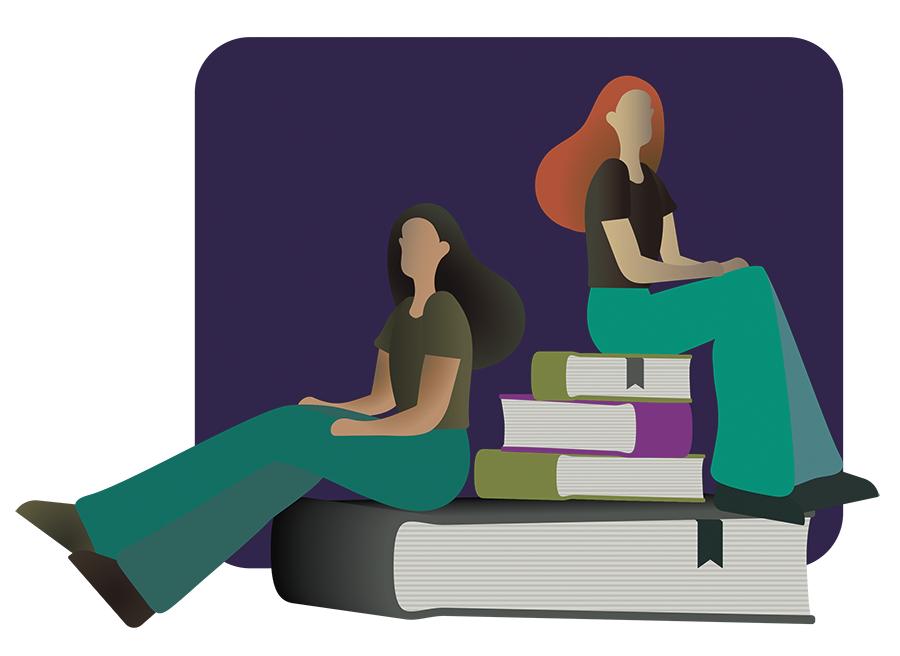Learning to be confident in salary talks
November 7, 2018
WomenLead hosted a workshop, “Salary Negotiation Skills” at Madison College on Oct. 31. The workshop was part of a campaign, Women and Student Loan Debt, during the month of October to create awareness of the growing student loan debt.
One of WomenLEAD’s missions is to inform the Madison College community on the effects of gender bias. In this workshop specifically WomenLEAD wanted to focus on issues like pay equity gap, paid leave, sexual harassment and other kinds of workplace discrimination that could possible prevent a women from succeeding in her career.
WomenLEAD promoted the workshop as an “equitable practice to help women gain confidence in salary negotiation.”
The presenter was, Mollie Lo, an entrepreneur who is also the founder of LoTUS Mentoring LLC. She covered three topics that explain salary negotiation skills: pay inequity, war for talent, and skill set.
Pay inequity happens when two people get paid differently for doing the same task. Lo explained that pay inequity isn’t just something that happens to different genders, but also something that could happen to anyone based on different things like age, race and education. She connected this with her next topic, war for talent.
What Lo meant by war for talent, was really what it sounds like. When you have the same education and status as someone it comes down to your talents and who you are.
Accoding to Lo, war for talent has a direct correlation to employment rate. During times of high employment, Lo said employers will often offer higher salaries because they are desperate to attract candidates to fill in the many empty seats at companies.
The final issue that Lo addressed that impacts pay rate is an individual’s skill set. She stressed the importance of a creative mindset and knowing your worth and talents. She explains how a resume only goes so far with skills, so the impact of a good interview could determine if you get the job or not
WomenLEAD is planning further workshops about pay equity as well as new topics like mentorship, masculinity, bias, and professional development. These workshops are free and open to all Madison College students.






























